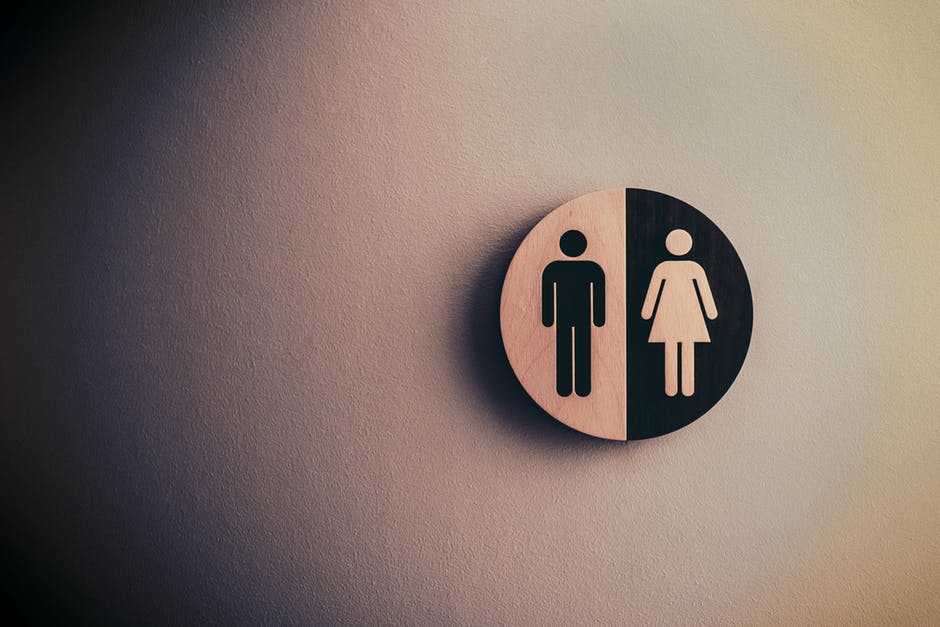Seven in ten women have wet themselves due to bladder weakness
Seven in ten women have wet themselves due to bladder weakness, a study has found.
Research revealed while the taboo topic is traditionally associated with older females, one in three women aged 18 to 24 have also had an ‘accident’.
Furthermore around 16 per cent of women who endure the condition suffer an episode at least once a day, leaving them unable to run outdoors, laugh with friends or cough in front of others.
Sneezing and jumping are common ‘accident’ triggers, while 13 per cent are unable to control themselves when lifting something heavy and the same percentage might spring a leak when exercising or trampolining.
The study of 2,000 women also found nearly half didn’t feel comfortable telling anyone – even a trusted relative or friend – what happened to them.
Of those polled by Always Discreet, a staggering one in four believe they have bladder weakness, but haven’t yet been diagnosed by a doctor, while one in 20 have had confirmation from a professional.
[youtube https://www.youtube.com/watch?v=6xKbixDrWe4?enablejsapi=1&autoplay=0&cc_load_policy=0&iv_load_policy=1&loop=0&modestbranding=0&rel=1&showinfo=1&theme=dark&color=red&autohide=2&controls=2&playsinline=0&]
Perhaps most alarmingly, some 29 per cent of women aged 18 to 24 are convinced they lack full bladder control, but one in four are unsure of the cause.
Sadly, almost a third of women polled took a year or more to admit to themselves they were experiencing bladder weakness.
And of those who choose to keep quiet about wetting themselves, six in 10 are too embarrassed and ashamed to start a conversation with others.
Seven in 10 won’t even talk to their GP, with many saying they didn’t want to ‘waste their doctor’s time’.
Always Discreet partnered with gynaecologist, Dr Anita Mitra, to get women talking about the condition.
She said: “Bladder leaks are common in women of all ages, not just in older generations and those women who have had natural child births.
Unfortunately, it’s still a bit of a taboo and so women don’t tend to fully understand it, with many avoiding talking about it. The more we speak openly, the better, so women don’t feel alone and silenced by something that can be managed.”
According to the women who experience leaks, 41 per cent blame childbirth, 35 per cent believe it’s their age and 22 per cent think pregnancy affected their body.
The menopause is considered a contributory factor for a further 22 per cent, while others blame too much caffeine or alcohol, and some even think carbonated drinks can lead to a loss of control.
Researchers at OnePoll.com found 35 per cent of those who consider themselves to suffer from bladder weakness have had an embarrassing incident in public.
Of these, 35 per cent were laughing hysterically with friends and a further 19 per cent were running.
More than a third of women have been caught unawares after sneezing in front of others, while a fifth have had a little leak when lifting weights in the gym.
Among the most common reasons for keeping a lid on the issue, are ‘being too embarrassed’, ‘feeling ashamed’, not wanting to ‘burden’ others or not wanting to admit there is a problem.
Women would rather talk about money worries, relationship problems, weight gain and even mental wellbeing above bladder weakness.
Only vaginal dryness and a drop in sex drive are considered more taboo topics of conversation.
Ania Bielecka of Always Discreet said: “Always Discreet is on a mission to break the silence on bladder leaks and normalise the conversation.
“Sometimes opening up about a problem can make it seem easier to cope with – little leaks shouldn’t stop women from living their lives to the full.”
* Always Discreet is committed to supporting women so are donating to Bladder Health UK.
For every like or comment on their #WeeNeedToTalk campaign video on YouTube from 4th to 18th July, they will donate £1 to help fund a Confidential Advice Line so that more women can get the advice and support they need.

